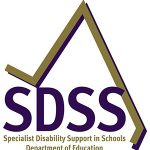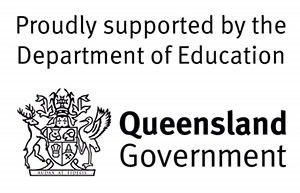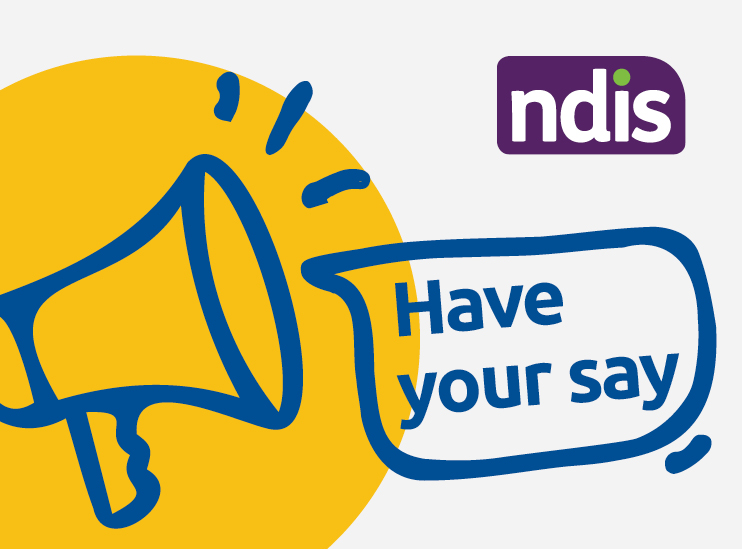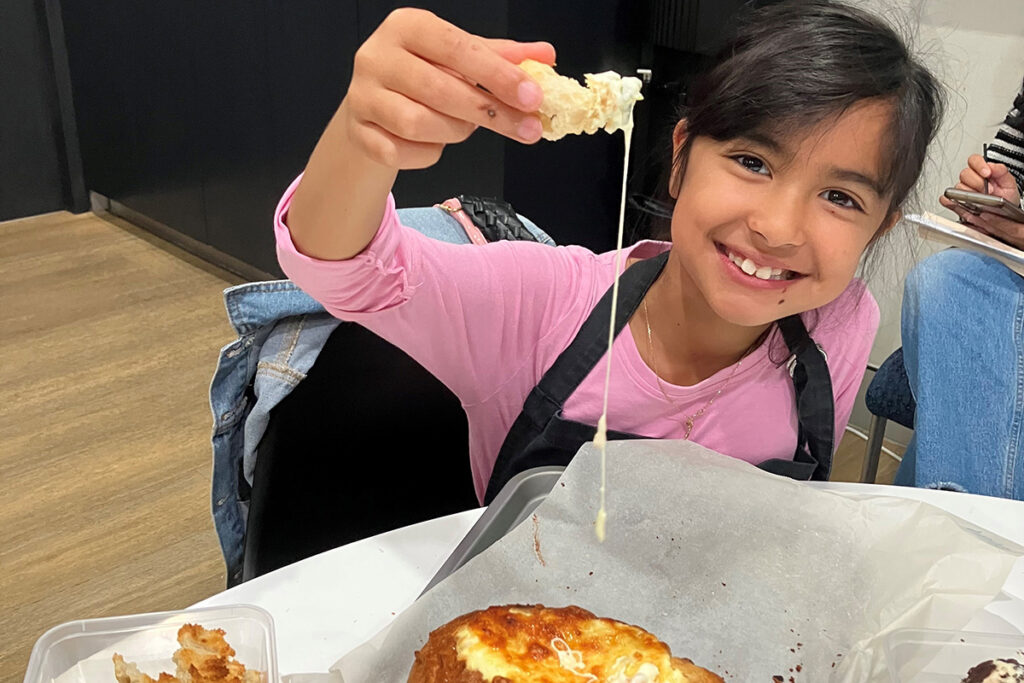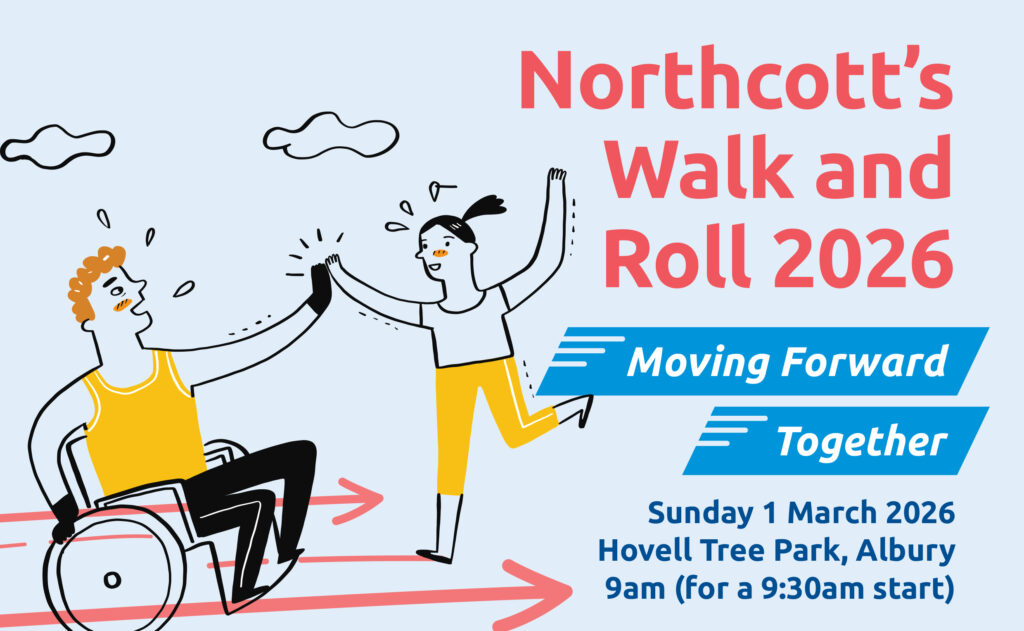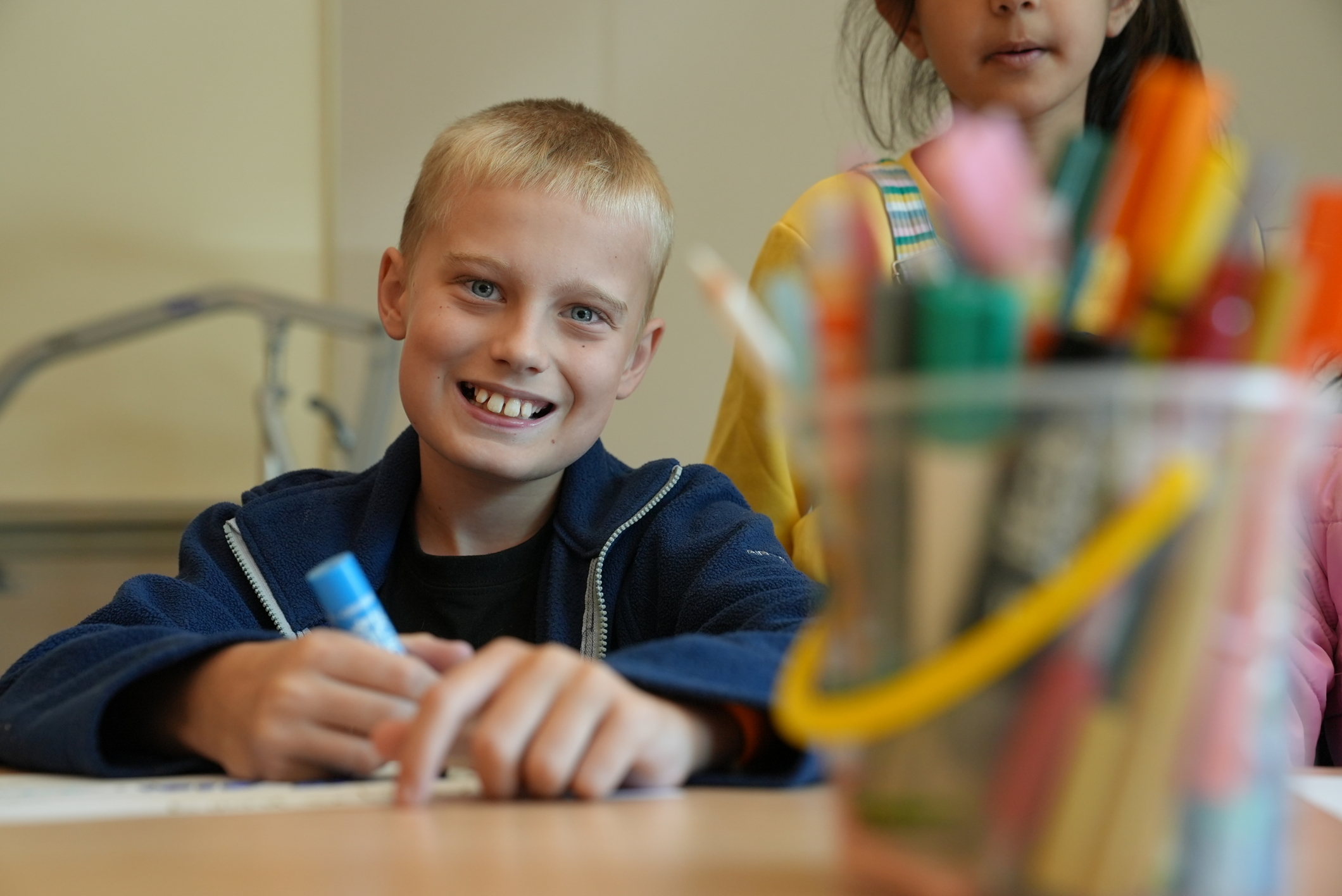
Northcott are funded by the Department of Education to deliver the Specialist Disability Support in Schools program.
The SDSS program is designed to support schools to enhance learning outcomes for students who require significant educational adjustments.
It does this through the engagement of therapy supports. These supports and how they are delivered are directed by the school, in conjunction with the therapist.
Funded supports include Physiotherapy, Occupational Therapy and Speech Therapy.
Types of Support
Services are able to be tailored to the student and schools needs. Examples of services include:
- Collaboration with school staff to set goals and measure outcomes
- Individual student observation, assessment, therapy and reports
- School programs and practical strategies
- SDSS funded therapists are able to work holistically with Department of Education therapists, to ensure approaches and goals are complimentary.
- Staff meetings, education and training
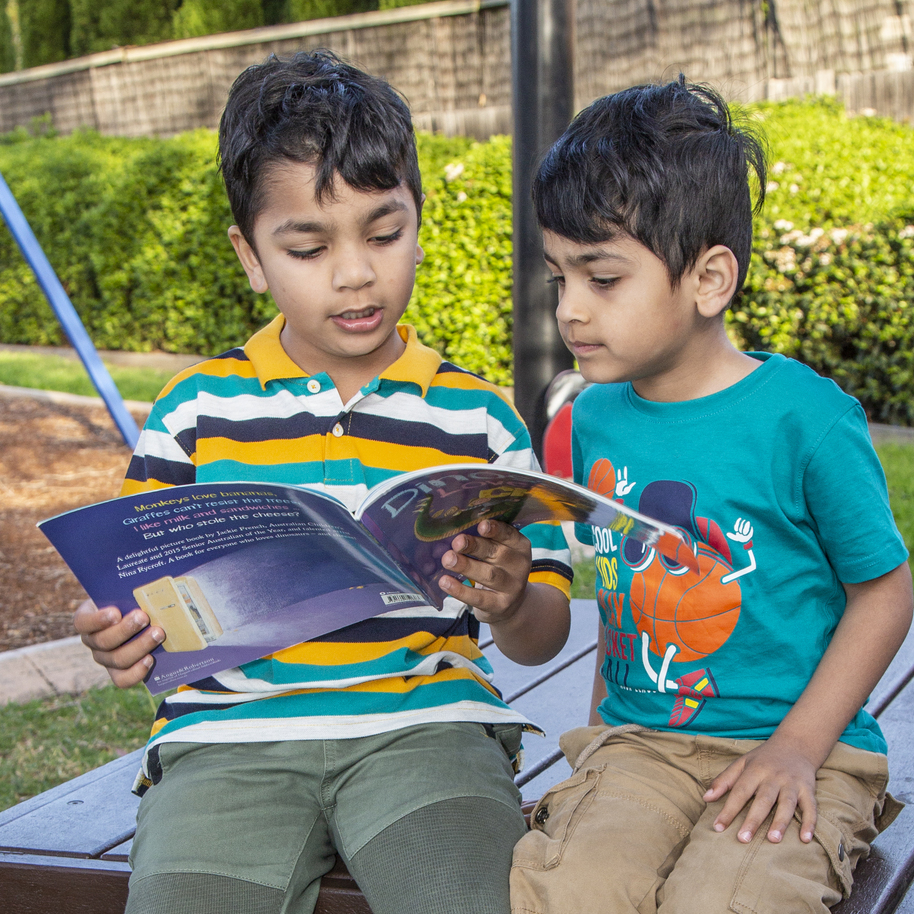
Our work in schools
Our therapists are experienced in working with children and can provide support, information and advice to teachers in areas like communication, concentration, participation, and social engagement. We work individually with each school student to complete an observation, assessment and provide a report. We also regularly collaborates with school teachers to share our discipline specific knowledge to improve outcomes for students.
-
Specialist Disability Support in Schools program
Specialist Disability Support in Schools program
What are the key benefits of the SDSS Program?
- This program is at no cost to the school or student.
- The SDSS program allows schools to access therapists to support engagement of students at school.
- How supports are delivered is flexible, and is able to be tailored to the school and student’s need. Services can be delivered via TeleTherapy if that is more efficient for the school and student.
Who is eligible for SDSS funding?
Students enrolled in a Queensland School, and have been identified under the Education Adjustment Program as requiring significant educational adjustment related to one of the specific impairment areas including: Autism Spectrum Disorder, Hearing Impairment, Intellectual Disability, Physical Impairment, Speech – Language Impairment, Visual Impairment, Social Emotional Disorder.
Is SDSS the same as NDIS?
No. SDSS is completely different. It is designed specifically for schools and students. SDSS funding is contracted to an organisation, to deliver services to schools, to support goals which enhance educational access and outcomes for students. SDSS funding does this by focusing on targeting goals which enhance access to the curriculum and school environment.
Can my child receive therapy in school?
To receive SDSS funding, students need to obtain a completed School Request for Support form – parents should discuss this directly with the school or call us on 1800 818 286 for more information on this process.
Referrals from parents
To receive SDSS funding, students need to obtain a completed School Request for Support form – parents should discuss this directly with the school or call us on 1800 818 286 for more information on this process.
Support in school with SDSS funding is separate from NDIS funding.
Referrals from schools
Referrals can be made for students who require significant levels of educational adjustments. A referral must be made by the child’s school with the consent of the parent or caregiver. If the student attends a private school, they must have a diagnosed disability in order to receive support through the SDSS program.
Our latest news and stories
-
![]()
04 February 2026
-
![A tray of pizza slices decorated to look like Christmas trees]()
16 December 2025
-
![A young girl smiles as she shows off her baking]()
10 December 2025
Healthy Chefs: building skills, confidence and healthy habits
-
![]()
10 December 2025



Accessibility and Inclusivity
We respect and honour Aboriginal and Torres Strait Islander Elders past, present and future. We acknowledge the stories, traditions and living cultures of Aboriginal and Torres Strait Islander peoples on this land and commit to building a brighter future together.
Read more about our commitment to reconciliation